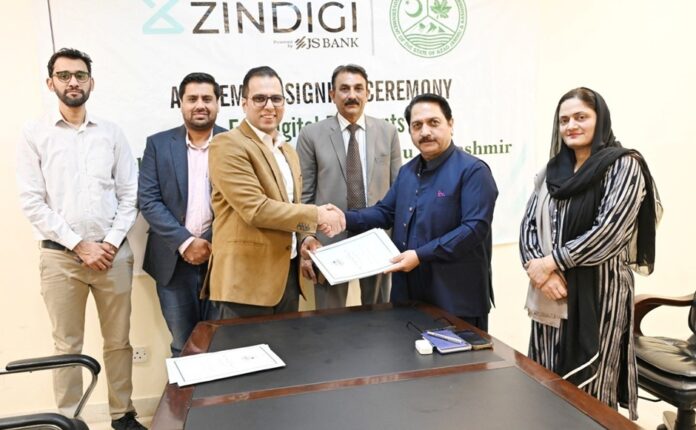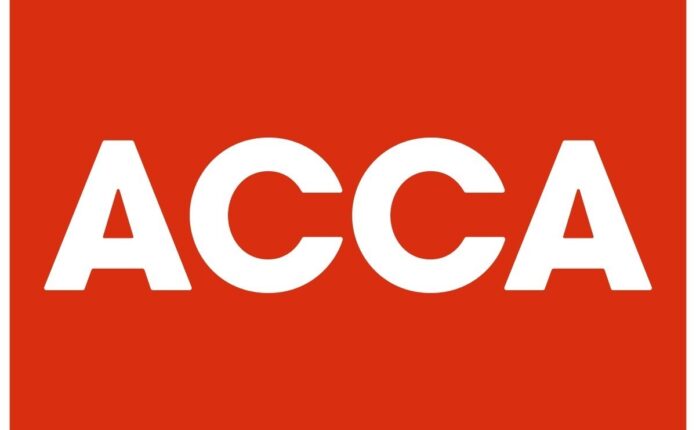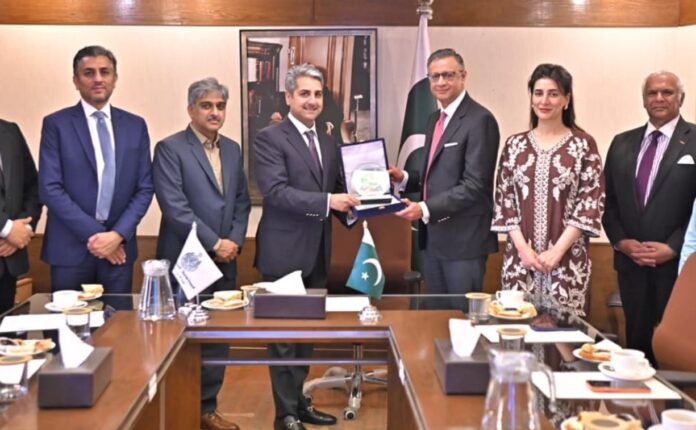Karachi: Last week, US Treasury Secretary Janet Ellen began her second official visit to China from April 4 to 9. The aim is to strengthen Washington’s global dominance amid the ongoing trade war between the two superpowers, especially with the presidential elections to be held later this year.
Beijing is pushing ahead with development, export and expansion plans in electronic vehicles (EVs), solar panels, batteries and semiconductors. This technology is important not only for providing low-cost and environmentally friendly energy solutions to developing and underdeveloped countries, but also for collective action against the global climate change crisis.
However, the US considers China’s initiatives in this area as a threat to its international economic influence. It aims to continue policies to protect American businesses not only domestically, but around the world, by supporting free and fair competition as outlined in the rules governing the World Trade Organization (WTO).
President Joe Biden has rallied European allies including Britain, Japan, the Philippines and India to pressure China. Rather than recognizing Beijing’s contribution to global economic activity, the goal is to encourage Beijing to expand its environmentally friendly export plans to embrace fair competition and foster cooperative rather than adversarial dynamics.
According to a recent report by global media outlet Reuters, the US Treasury Secretary has expressed concern about the global economic consequences stemming from China’s excess manufacturing capacity. The issue took center stage in four days of economic meetings with Chinese officials.







